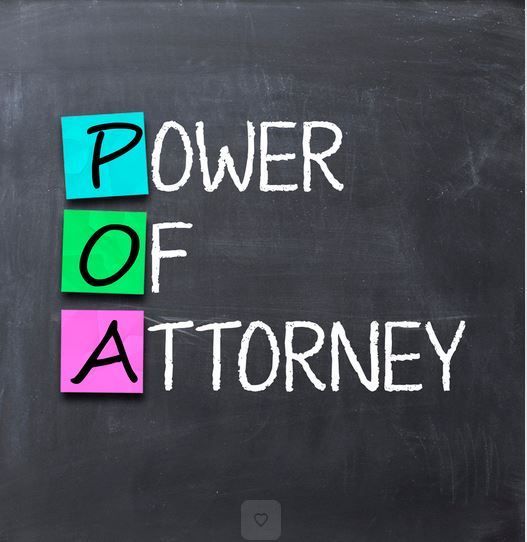When buying a home in Vermont, the excitement of owning property is coupled with the need to protect your investment. One critical way to safeguard your property rights is through title insurance. This often-overlooked aspect of real estate transactions can prevent significant financial loss and legal complications.
What is Title Insurance?
Title insurance protects property owners and lenders from financial loss due to defects in the title to a property. Unlike other insurance types that cover future risks, title insurance focuses on past events that could affect your ownership rights, such as:
• Errors in public records (e.g., incorrect documentation or filing errors).
• Undisclosed liens or encumbrances (e.g., unpaid taxes or contractor fees).
• Boundary disputes or improperly recorded surveys.
• Claims from unknown heirs who might challenge your ownership.
Types of Title Insurance
There are two main types of title insurance in Vermont, each serving a distinct purpose:
1. Owner’s Title Insurance
Owner’s title insurance protects the homeowner’s financial investment in the property. This is a one-time purchase made at closing, providing coverage for as long as you or your heirs own the property. With this policy, homeowners are safeguarded against claims challenging their ownership and defects that were not discovered during the title search.
Key benefits include protection against:
• Forged or fraudulent documents.
• Errors in legal descriptions of the property.
• Issues arising from prior ownership, such as unpaid debts tied to the property.
2. Lender’s Title Insurance
Lender’s title insurance, also known as a loan policy, is typically required by mortgage lenders. This policy protects the lender’s financial interest in the property until the loan is paid off. Unlike owner’s insurance, this policy does not benefit the homeowner.
Why is Title Insurance Important for Vermont Homeowners?
1. Unique Land Use and Ownership History
Vermont’s rich history and rural landscape often lead to unique title issues. Many properties have boundaries that date back centuries, with old deeds, unclear surveys, or conflicting property descriptions creating potential disputes. Title insurance mitigates the risks associated with Vermont’s complex land records.
2. Protection Against Unforeseen Claims
Even with a thorough title search, some defects are impossible to detect. For instance, an heir to a previous owner may surface years after the transaction, claiming ownership. Without title insurance, defending such claims could be financially devastating.
3. Financial Peace of Mind
Purchasing a home is often the largest investment a person makes. Title insurance ensures that your investment is secure and provides peace of mind that your ownership rights are protected against costly legal disputes or claims.
4. Legal Defense Costs Covered
If a title defect arises, the insurance company will often handle the legal defense on your behalf. This can save homeowners significant time and money.
Title Insurance and the Vermont Real Estate Closing Process
In Vermont, title insurance is typically discussed as part of the closing process. Your real estate attorney will perform a title search to uncover any issues with the property’s ownership history. However, even the most diligent title search cannot guarantee that every issue will be found. That’s why title insurance is an essential part of a comprehensive risk management strategy for homeowners.
Conclusion
For Vermont homeowners, title insurance is more than an optional add-on; it is a critical layer of protection. Whether you are a first-time homebuyer or a seasoned real estate investor, understanding and securing the right type of title insurance is essential to protect your property rights and financial future.
At Peet Law Group, we guide Vermont homeowners through the real estate closing process, including title insurance selection and review. Contact us today to learn more about how we can help you protect your investment and enjoy your new home with confidence.





















